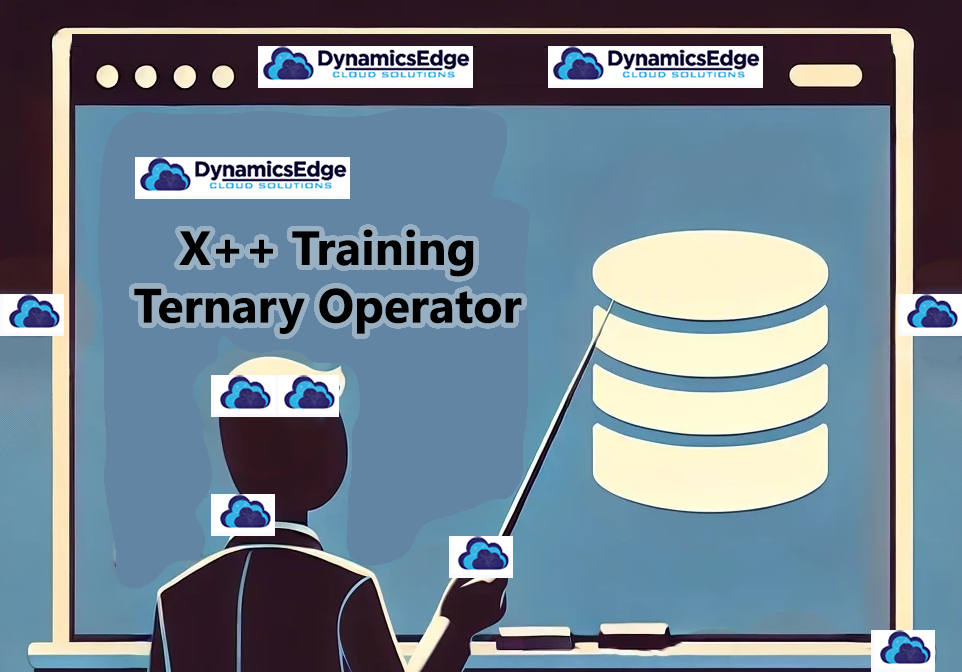X++ is your object-oriented programming language that was developed by Microsoft for you to be developing applications in an awesome product called Microsoft Dynamics 365 Finance and Operations.

Not really sure what are control flow statements or what even is X++ in the first place? Check out our March 2025 and April 2025 D365FO X++ developer training guide here for some introductory information about what is X++ in D365FO and some other info other than ternary. The X++ ternary operator is an advanced construct to use instead of if else in certain situations which we talk about soon on this page, but you may also be familiar with X++ Axapta from Microsoft Dynamics AX training March 2025 since X++ is also used in Dynamics AX and Microsoft’s line of specialty ERP software. X++ is designed to go right ahead and handle your manipulation of your data, your business logic as well as elements of your user interface that are particular to Microsoft’s line of enterprise resource planning (ERP) software suites.
Conditional statements in X++ usually exist to control your flow of execution with evaluated conditions.
Ternary Operator in X++
The ternary operator in X++ evaluates a condition and returns one of two expressions based on the result you want. It is useful in particular for your inline assignments where a simple condition can determine your value.
The ternary operator can be considered preferable over using if else in certain situations. For example with inline assignments. When you are assigning your value to a variable based on condition, ternary operator can provide you with a more concise syntax. For example, int myDiscount = (myCustomer.isPremium()) ? 20 : 10; which means if it’s a premium customer, give a discount of 20, otherwise, give a discount of 10. Another useful scenario is return statements.
str getMyStatus(int score)
{
return (myScore >= 50) ? "Pass" : "Fail";
}
Here we might return Pass or Fail based on whether a condition is true or false, making the statement more concise.
It can be quite advanced and some find it not as readable, you should prefer if else to ternary in case you feel intimidated or believe the code is less readable to others. Though notice how the ternary operator can make a lot of code less verbose and shorter, as well as more concise and expressive.
Overdoing it or overusing it such as with complex or nested conditions is not usually recommended, for those an if else statement may be better.
For more detailed X++ training guide beyond the ternary operator, you may click on the image above or use this link for more Dynamics 365 Finance and Operations X++ developer training information.
Have a Question ?
Fill out this short form, one of our Experts will contact you soon.
Call Us Today For Your Free Consultation
Call Now